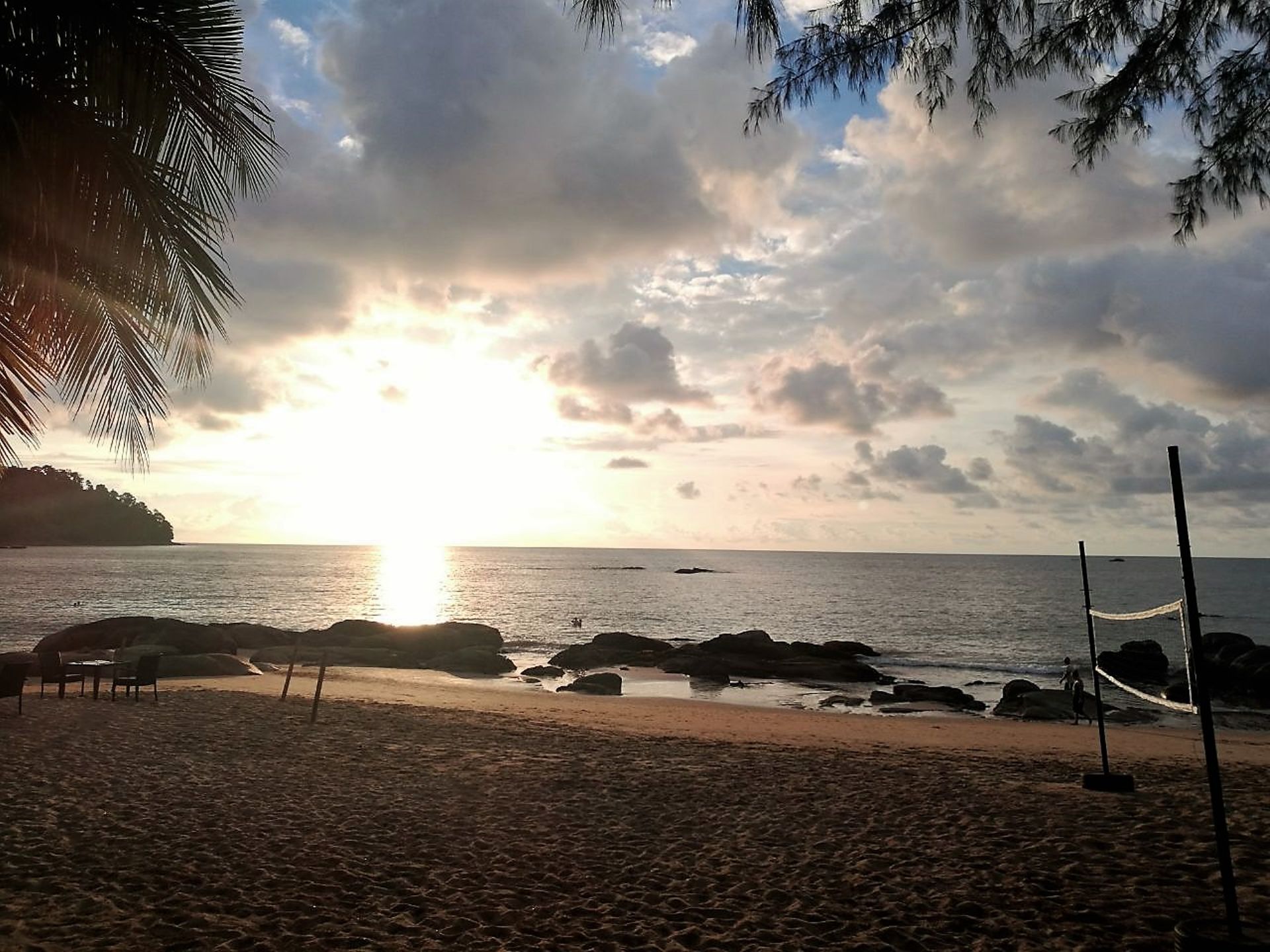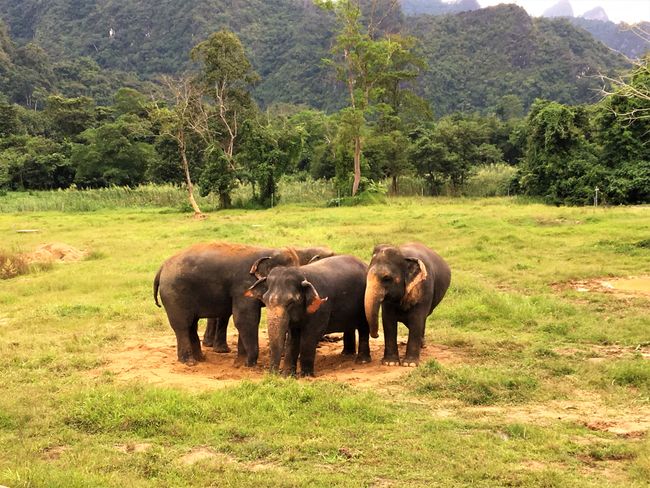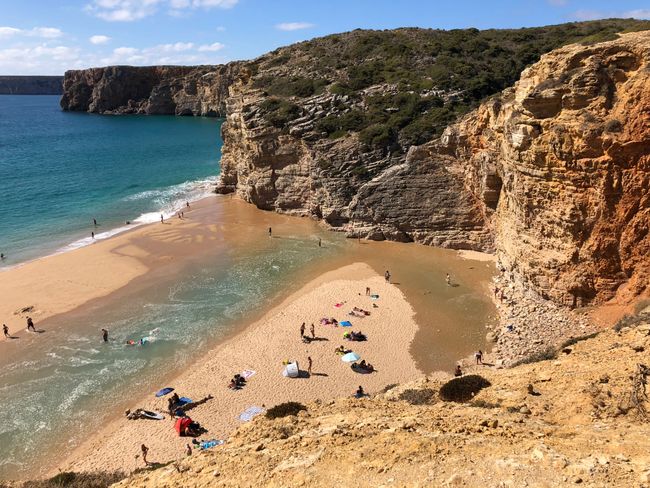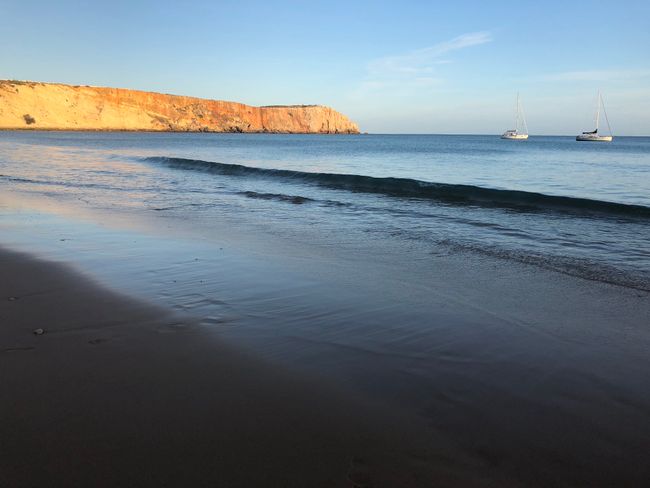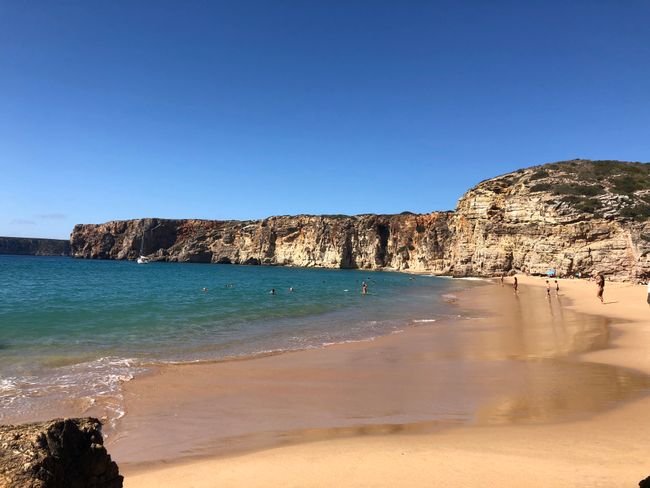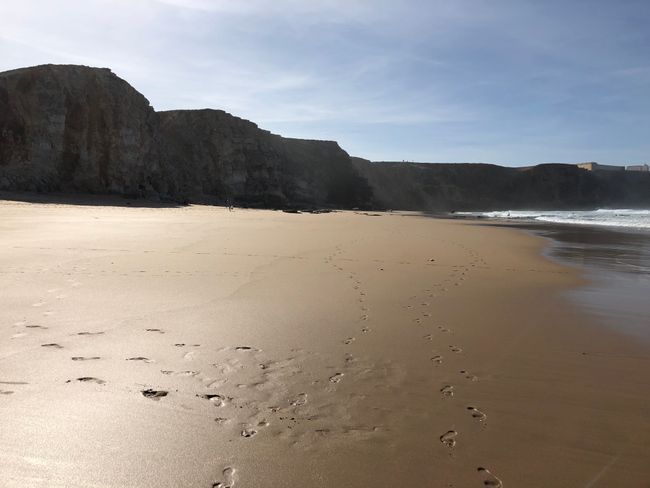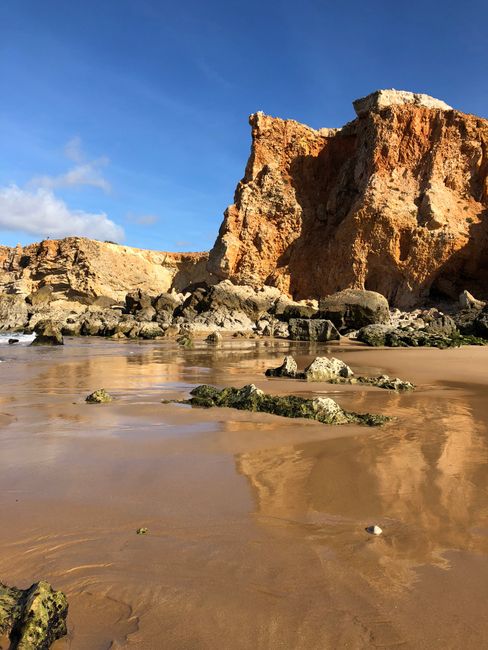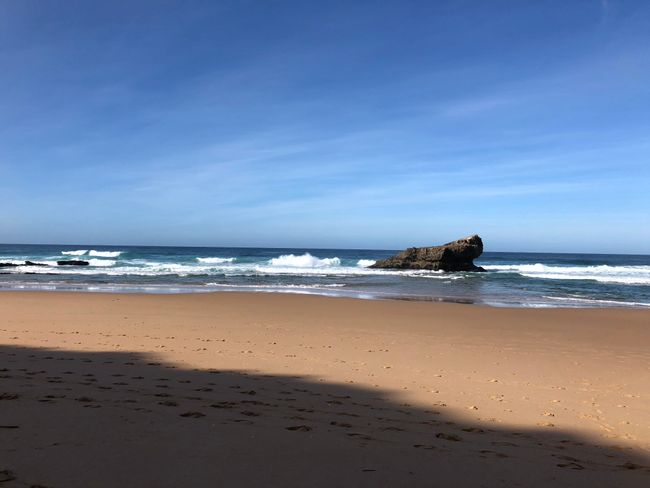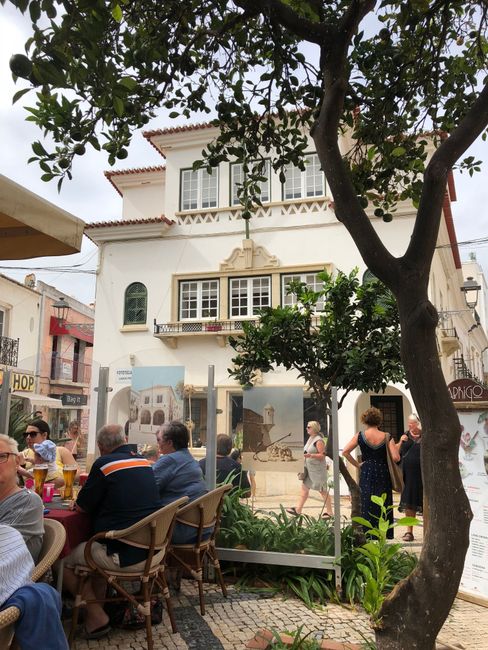Sagres - a journey to the 'End of the World'
ޝާއިޢުކޮށްފައިވެއެވެ: 19.10.2018
ނިއުސްލެޓަރ އަށް ސަބްސްކްރައިބް ކޮށްލައްވާ
When my father got into his Renault R16 in 1972 and started his adventure (today you would probably call it a road trip) towards the south, he could not have known that he was about to discover a place of longing and wanderlust for us.
His journey took him through Belgium, France, and Spain, passing through Paris, Bordeaux, and the Pyrenees. He could have stayed in many beautiful places. But he was always driven further - until there was nowhere else to go. At the southwesternmost point of Europe, where you can now buy the 'last bratwurst before America', he fell in love. In a village in Portugal, whose beaches were empty and the fishing nets full.
Almost 20 years later, we went to Sagres as a family for the first time. Yes, we DROVE! Almost 3000 kilometers in a non-air-conditioned car, during the summer holidays, with luggage for three weeks including camping equipment, just so we wouldn't have to sleep in the car at night. We went there almost every year, and the people we met and met again in Sagres gradually became like family.
We booked by postcard, which my mother usually wrote in spring, and at some point a confirmation card came back.
We stayed at Antonio's place. Antonio used to be a ship's cook in his first life and eventually opened a restaurant called Atlantico. He rented rooms above the restaurant, traditionally decorated in Portuguese style, no air conditioning and no pool, but we wouldn't have wanted to be anywhere else.
The guesthouse was located on the main road in the middle of the village, and when we arrived after a three-day journey, Antonio's waiters had already spotted us and poured my father a cool beer. I still have José's 'Aaaah, Cheeeef!' in my ears today.
It actually felt more like coming home than arriving at a holiday destination.
Again, 20 years after my last visit to Sagres, I went there again this year. This time by plane. And not during the summer holidays, but at the beginning of October. I stayed at one of the oldest hotels in town, where my parents used to spend their holidays before they met Antonio. And yet, it still felt a bit like coming home.
Atlantico is now called Gigis, and in front of the door, through which we used to reach our rooms from the dining room, there is now a wine shelf. But the restaurant is just as crowded as before.
You can eat well in the restaurants almost everywhere. If you like fish and seafood, you will definitely find it here (and gain weight!). Vegetarians like me don't have it quite so easy. Some restaurants offer one or two vegetarian dishes. For example, at Mar A Vista, which is located above Mareta beach at the entrance to the village.
Bossa Nova, an Italian restaurant, also offers meat and fish-free alternatives. It is tucked away behind the Dromedario Bar in a small side street, but it's worth the search.
If you want to enjoy a cocktail in a relaxed and casual atmosphere, Chiringuito is the place to go. Also located above Mareta beach, you can enjoy the view here as well.
Restaurante Carlos and Restaurante A Tasca are also recommended.
The beautiful sandy beaches are still a sight to behold. However, the biggest change has been here: at low tide, the beaches are as wide as I remember them. But at high tide, there is hardly anything left.
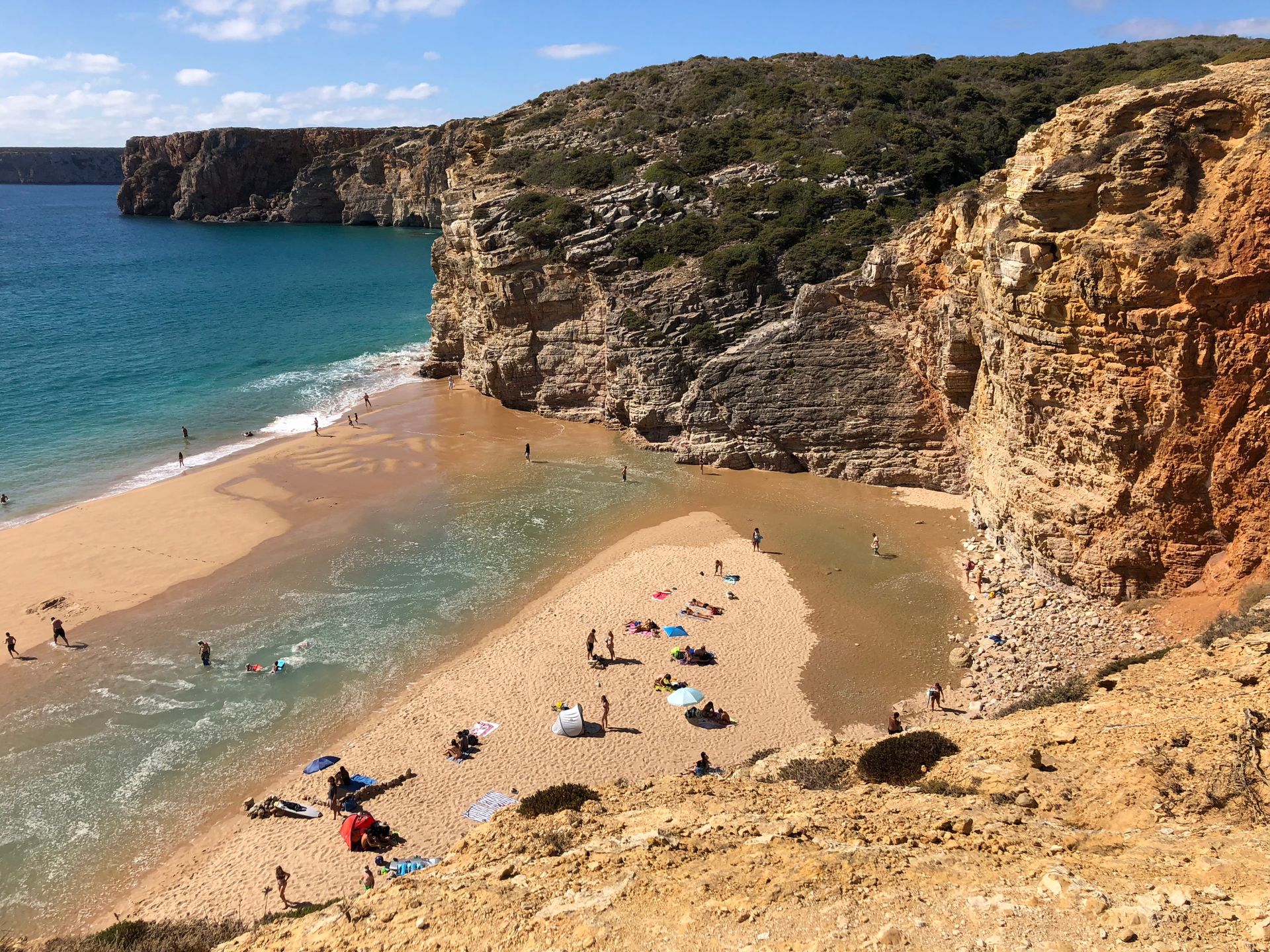
Our favorite beaches back then were Beliche, Tonel, and Mareta, and of course, they were also on the program this year. Thanks to the cliffs, you have to earn every beach visit, and that hasn't changed.
The Praia da Mareta is located right at the entrance to Sagres and can be reached on foot from anywhere in the village. There are sun loungers, and thanks to its location on the south coast, the sea is quite calm here. This makes it one of the best beaches for swimming.

The Praia do Beliche is a bit more difficult to access. Steps have been carved into the rocks of the cliffs, almost knee-high, leading visitors down an estimated 30 meters vertically. As a child, it didn't bother me. But that's different now! Step by step, ignoring my trembling knees and clinging to any available ledge on the rugged cliff, I fought my way down. There are no other ways to hold on or even a railing to be found.
But once you reach the bottom, this spot on Earth is worth every sore muscle you get from climbing back up.
The beach is divided into two coves, with the back one being quieter as there are fewer people there. However, if you don't pay attention to the rising tide, you will eventually be trapped and either have to swim to the front cove to leave the beach or wait for low tide.
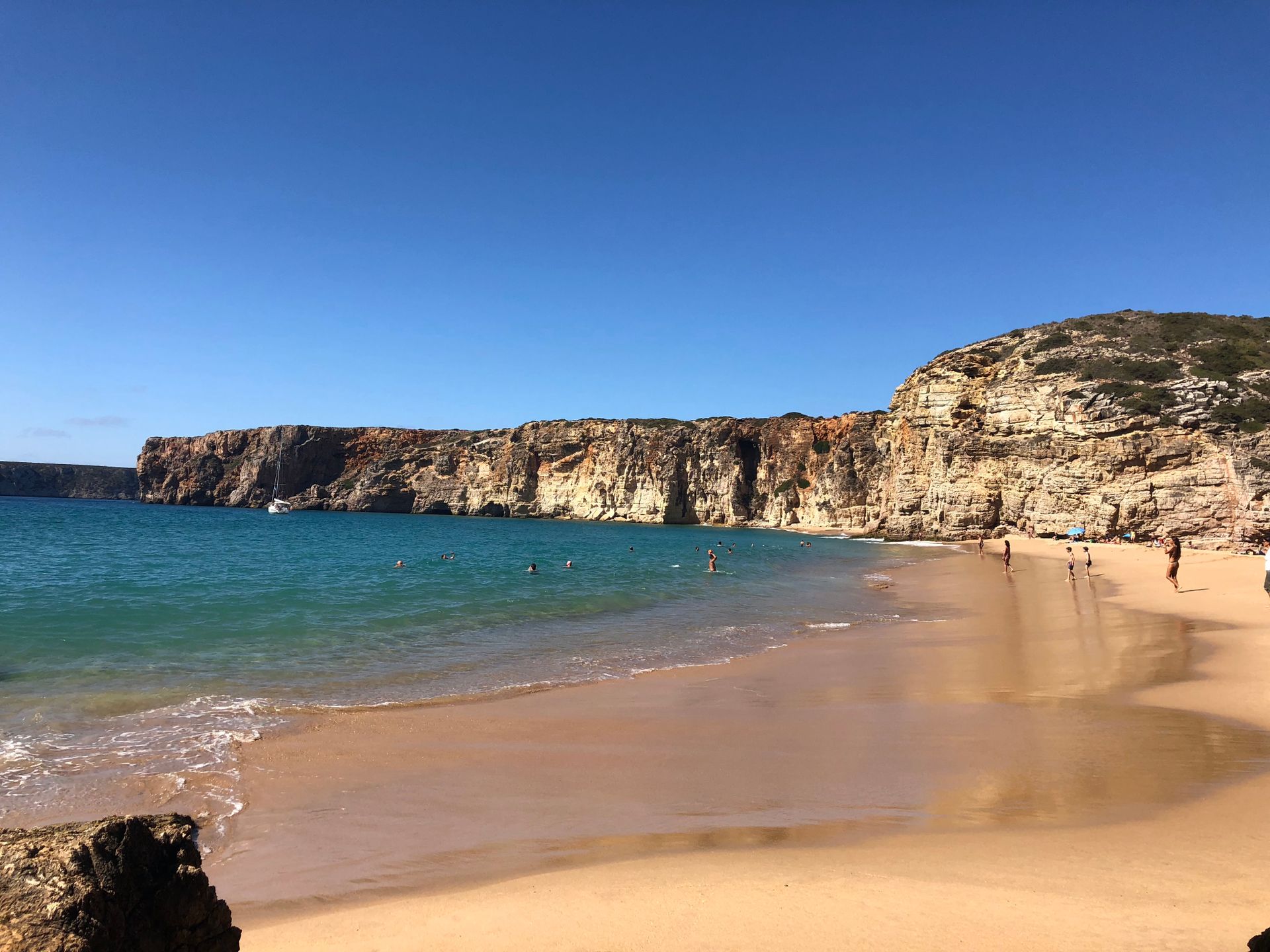
[My father carved his name into a rock at this beach during his first visit in 1972. I found it again, 46 years later.]
The Beliche is now also popular with surf schools because the waves here are slightly higher than at Mareta, but there are not as many rocks in the water that could be dangerous.
This brings us to the Praia do Tonel: a bit easier to access via a steep driveway, but no stairs. This beach, with its rock formations, offers great photo opportunities. The sea is rougher here, which also makes the beach popular with surfers. The Tonel is located below the fort, which is a popular excursion destination if you want to learn a bit about the history of the Cape.



It is also worthwhile to take a trip to Lagos, about half an hour's drive from Sagres. You can stroll along the palm-lined promenade from the marina and find shops in the shopping streets that sell 'real' souvenirs alongside the typical souvenir shops. There is a huge selection of culinary delights in Lagos. There are many cafes, restaurants, and bars where you can cool off, relax, and watch the hustle and bustle on the street.

ނިއުސްލެޓަރ އަށް ސަބްސްކްރައިބް ކޮށްލައްވާ
ޖަވާބު
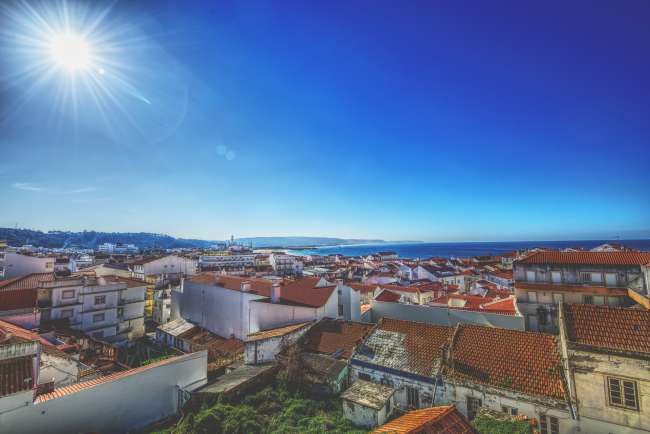
ދަތުރު ރިޕޯޓްތައް ޕޯޗުގަލް އެވެ
